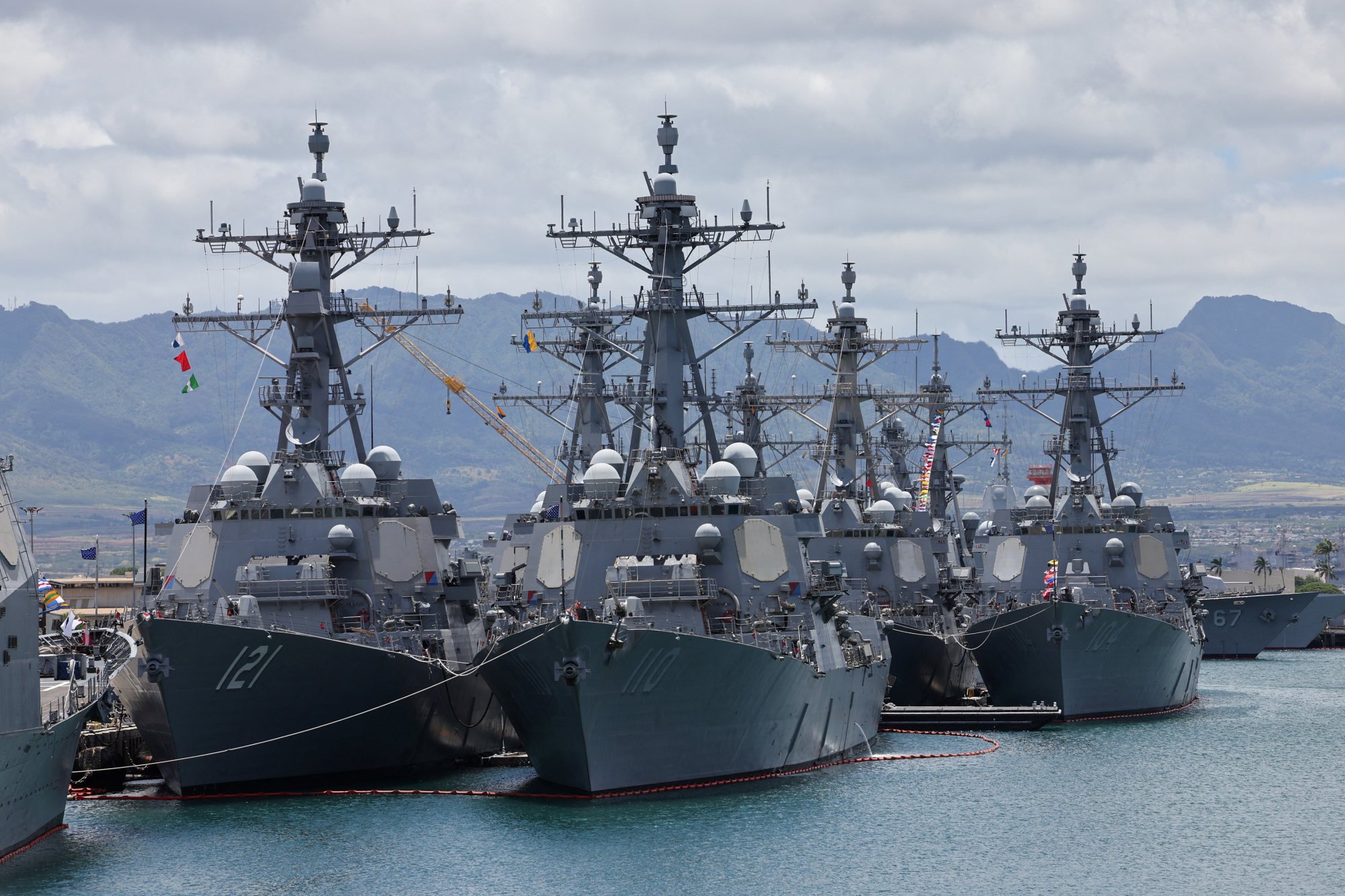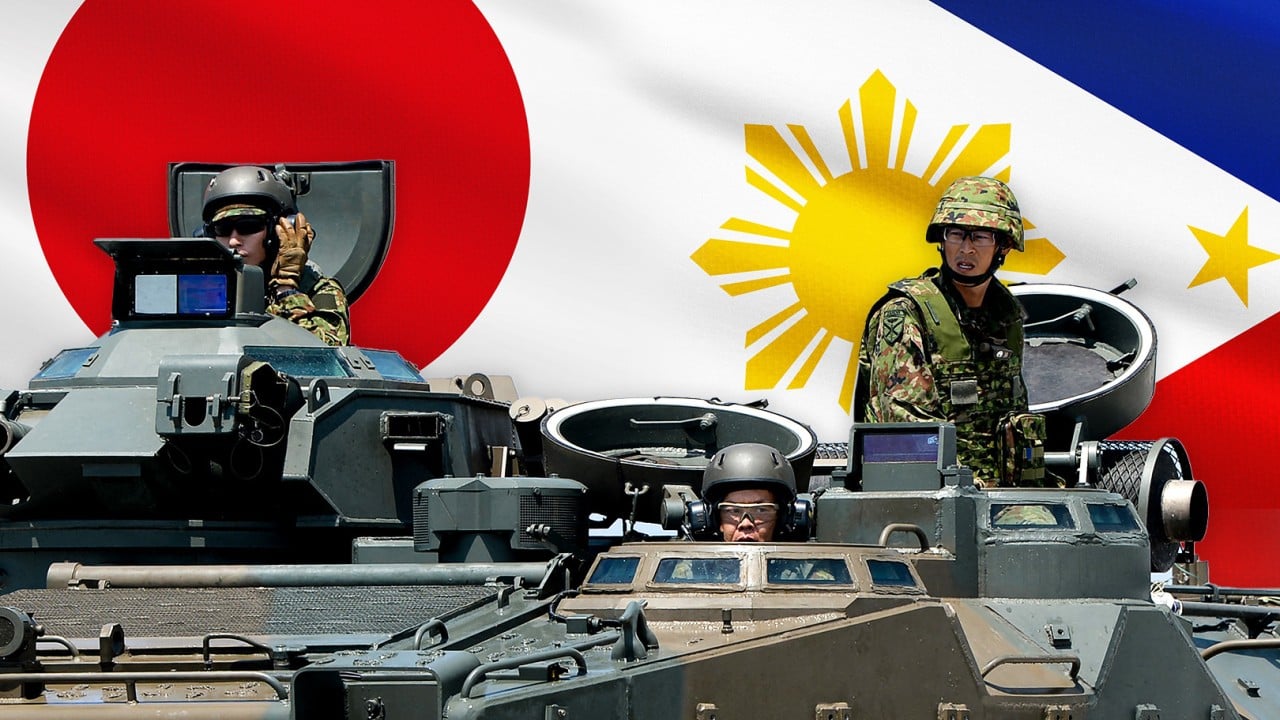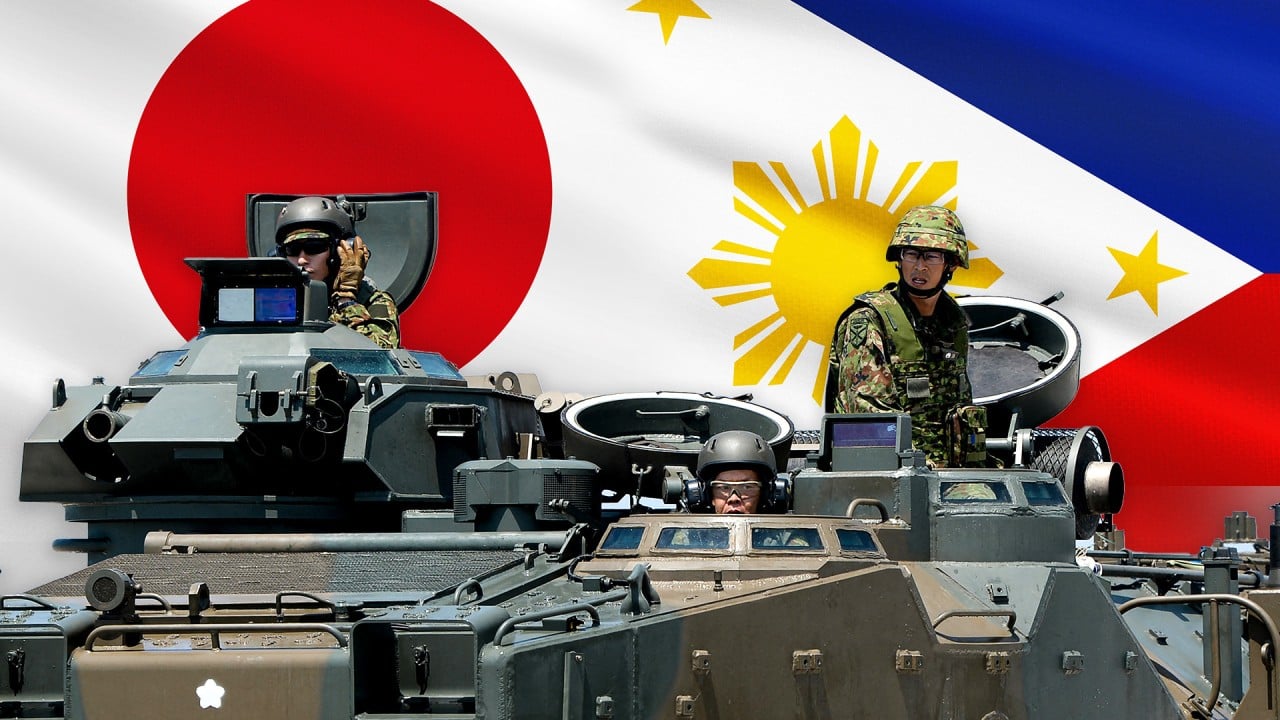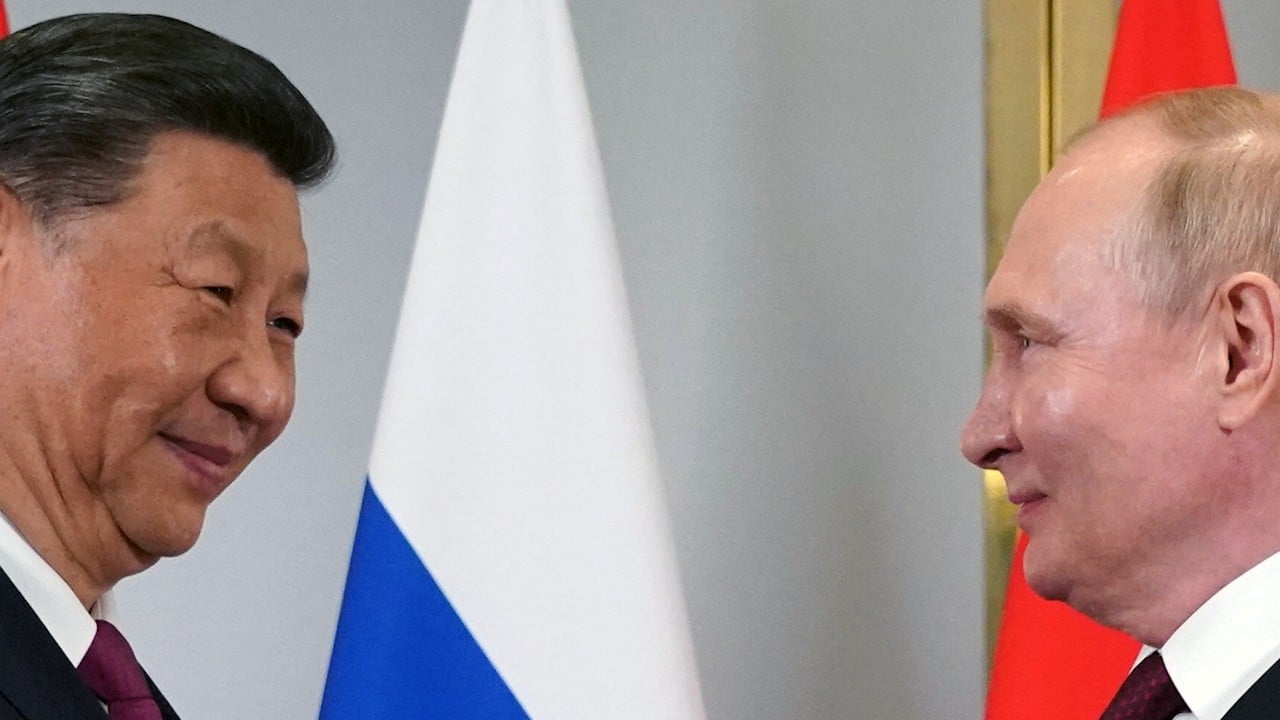Beijing last week officially confirmed its joint naval exercise with Russia near Zhanjiang, Guangdong province, nearly a week after Moscow announced the patrol. The exercise, which includes anti-submarine and air defence drills as well as search and rescue measures at sea, is the fourth of its kind.
It took place under a bilateral agreement to deepen the two countries’ strategic partnership and address “maritime security threats”. It has also raised anxiety among some countries in the region, particularly in the Philippines and Taiwan, after the PLA Navy aircraft carrier Shandong was spotted en route to its first far-sea exercise.
Japan defined the repeated joint sorties by China and Russia near Japan as “clearly intended as a demonstration of force” and “a grave concern from the perspective of national security” in its latest defence white paper. China has attacked the report, saying it “interferes in China’s internal affairs brutally”.
Meanwhile, South Korea has expressed concerns over Russia’s growing closeness with North Korea. Passing near Jeju Island, Beijing and Moscow’s joint patrol appears to traverse the same waters where Seoul, Tokyo and Washington conducted their “Freedom Edge” joint drill last month.
China has dismissed any suggestion it plays a role in rising tensions in the region. At the same time, it is difficult to deny that the latest China-Russia joint exercise comes amid several events Beijing views as provocations.
For example, the US-led 29-nation Rimpac exercises began last month with the goal of countering a large and protected adversary in open waters. While it was never explicitly named, China has not been invited to Rimpac since 2018 and clearly seems to be the intended target.

The Washington Summit Declaration adopted at the recent Nato summit defined China as a “systemic challenge” to Euro-Atlantic security as well as a “decisive enabler” of Russia’s invasion of Ukraine. China lashed out at the declaration in response, saying it would not accept “groundless accusations”.
From China’s perspective, the threat posed by these incidents in the military sphere is exacerbated by Washington’s continued arms sales to Taiwan and a series of recent measures by the United States and European Union to counter what they see as China’s overproduction and tariff evasion in foreign trade. While China’s Ministry of Commerce dismissed the tariffs as “symbolic”, analysts said they will hurt both Beijing and Washington’s interests while disturbing global trade flows.
At the heart of China’s concerns in the region, however, are worsening relations with the Philippines. Many in China blame the US for this, calling Washington’s support for Manila an excuse to normalise the US military presence in the region. One Chinese commentary blamed the US for its “bottom-line” support to the Philippines, resulting in a violent clash between Beijing and Manila which caused a Filipino soldier to lose a finger.
To many in China, the incident was further evidence of Washington’s use of Manila as a proxy against Beijing and the consequences of Philippine President Ferdinand Marcos Jnr “letting the wolf in” by seeking closer ties with the US. While the withdrawal of US Typhon mid-range missile system from the Philippines was warmly received in China, the recent reciprocal access agreement between Manila and Tokyo was deemed by mainland observers as another effort to contain China.
Many in China still view the geopolitical situation favourably to some extent. A commentary in Kunlunce asserted that Russia’s invasion of Ukraine and Israel’s war in Gaza had damaged Washington’s image and “naturally highlighted China’s influence”. Such arguments are further supported by claims that China remains a favourable development partner, particularly among Pacific islands which have traditionally remained under American influence.
Another commentary even asserted that the US was trying to stoke conflict by encircling Beijing to hamper its development and give itself an excuse to abandon Ukraine.
Meanwhile, Chinese analysis has described the Philippines’ growing “arrogance” towards Beijing as stemming from a wide range of factors, the most important of which being the fear of possible retaliation from Washington if it does not do its bidding.
Moreover, China retains a certain level of scepticism towards Russia. Many Chinese experts have advised Beijing not to turn the two countries’ strategic partnership into a full alliance as Russia would not accept a subservient position to China and its support for Beijing against Washington cannot be guaranteed. Similarly, a commentary in Xinhua noted that Sino-Russian ties have an “internal developmental logic” and forming an official alliance would run counter to that logic.
Both the scaled-down size of the Chinese and Russian fleets in their joint exercise and the delay in the operation’s announcement show a more cautious approach from Beijing. This arises from a more anxious security outlook informed by calls for strong but calculated deterrence but also its naval limitations. While the rapid modernisation of China’s navy has put it ahead of the US in terms of battle force ships, most of its vessels remain untested in warfare and are focused on defending the country’s claims instead of leading far-off, blue-water operations.
In addition, there is a growing consensus among Chinese observers that Washington is trying to goad China into a war to derail the course of its development and that Beijing must not fall into this trap.
Sadly, such trends remove focus from pressing issues such as rising sea levels amid climate change and marine pollution which demand immediate and committed cooperation from all sides. Deterrence appears to be China’s preferred approach for now, but its patience running thin could unleash dangerous outcomes.
Cherry Hitkari is a non-resident Vasey fellow at Pacific Forum in Hawaii




